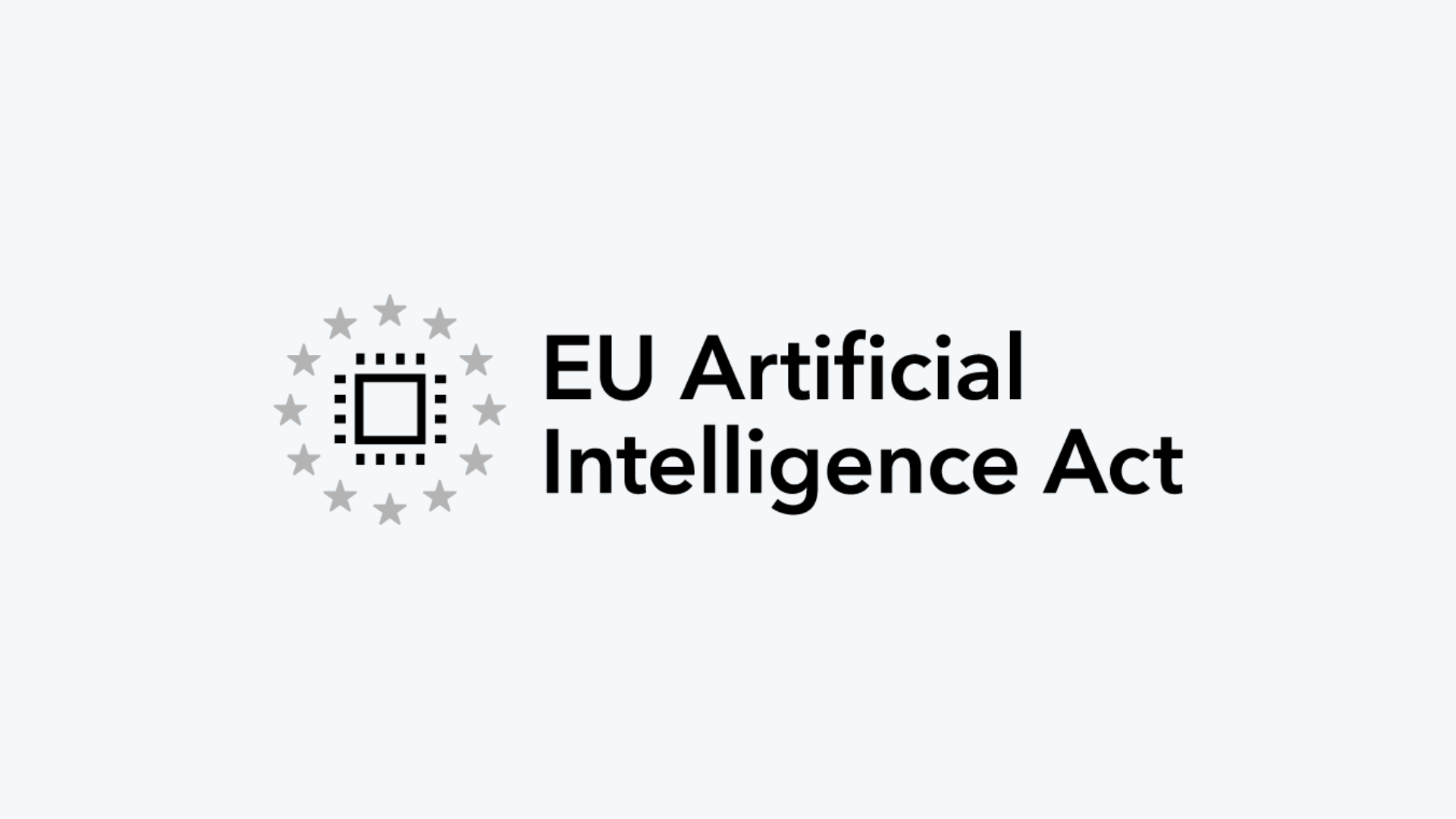Discover what the approval of the European Artificial Intelligence Act (AI Act) will mean for the healthcare sector and how it will shape the future of AI solutions to enhance patient care and support healthcare teams

The approval of the European Artificial Intelligence Act (AI Act) marks a before and an after in the way Europe regulates the development and use of AI, especially in critical sectors like healthcare. This new normative framework establishes strict criteria to guarantee that artificial intelligence is used in a safe, transparent, and ethical way, protecting both the patients and the professionals who trust in these technologies.
What does the European Artificial Intelligence Act imply in the healthcare field?
Artificial intelligence in health is considered a high-impact technology, given its role in the support to clinical decisions and the management of highly sensitive information. For that, the new law introduces key requirements for all AI systems that operate in healthcare environments, centered on:
- Quality control and precision of the algorithms
- Traceability of the data and processes
- Human supervision and transparency
- Risk management and ethical compliance
Furthermore, it establishes the obligation to count on a quality management system (QMS), just as the Medical Device Regulation (MDR) also demands.
This requirement assures that the healthcare software is reliable and safe from its design up to its monitoring.
MDR: the regulatory base for the validation of healthcare AI in Europe
Before the arrival of the European AI Act, the Medical Device Regulation (MDR) already had defined the path to technologically validate the medical solutions based on artificial intelligence. Obtaining the MDR certification implies a demanding process that includes:
- Clinical validation and scientific evidence
- Risk management and external audits
- Continuous improvement and post-market follow-up
Overcoming this process not only guarantees the normative compliance, but it reinforces the legitimacy, safety, and efficacy of the technology applied in clinical environments.
Advantages of designing healthcare AI under regulatory criteria
The solutions that are born under a clinical and regulatory logic count on a real competitive advantage. They are better prepared to adapt to the new standards and to be deployed in a safe way in the European health systems. To the contrary, the companies that have not gone through these processes must align their technological tools with the new legislation, guaranteeing that any system of artificial intelligence that interacts with patients or backs up clinical decisions does it with total safety, precision, and supervision.
A step towards a safer and sustainable healthcare
The European Artificial Intelligence Act not only regulates: it also drives the trust and the responsible innovation. This new framework permits to scale the AI in a safe and sustainable way inside the health system, assuring that each technological advance is accompanied by clinical and ethical guarantees. Preparing the organizations for this new stage is an investment in trust, efficacy, and sustainability. The integration of AI solutions with normative backing and clinical validation will mark the path towards a more effective, accessible, and safe healthcare, for both the professionals and the patients.
